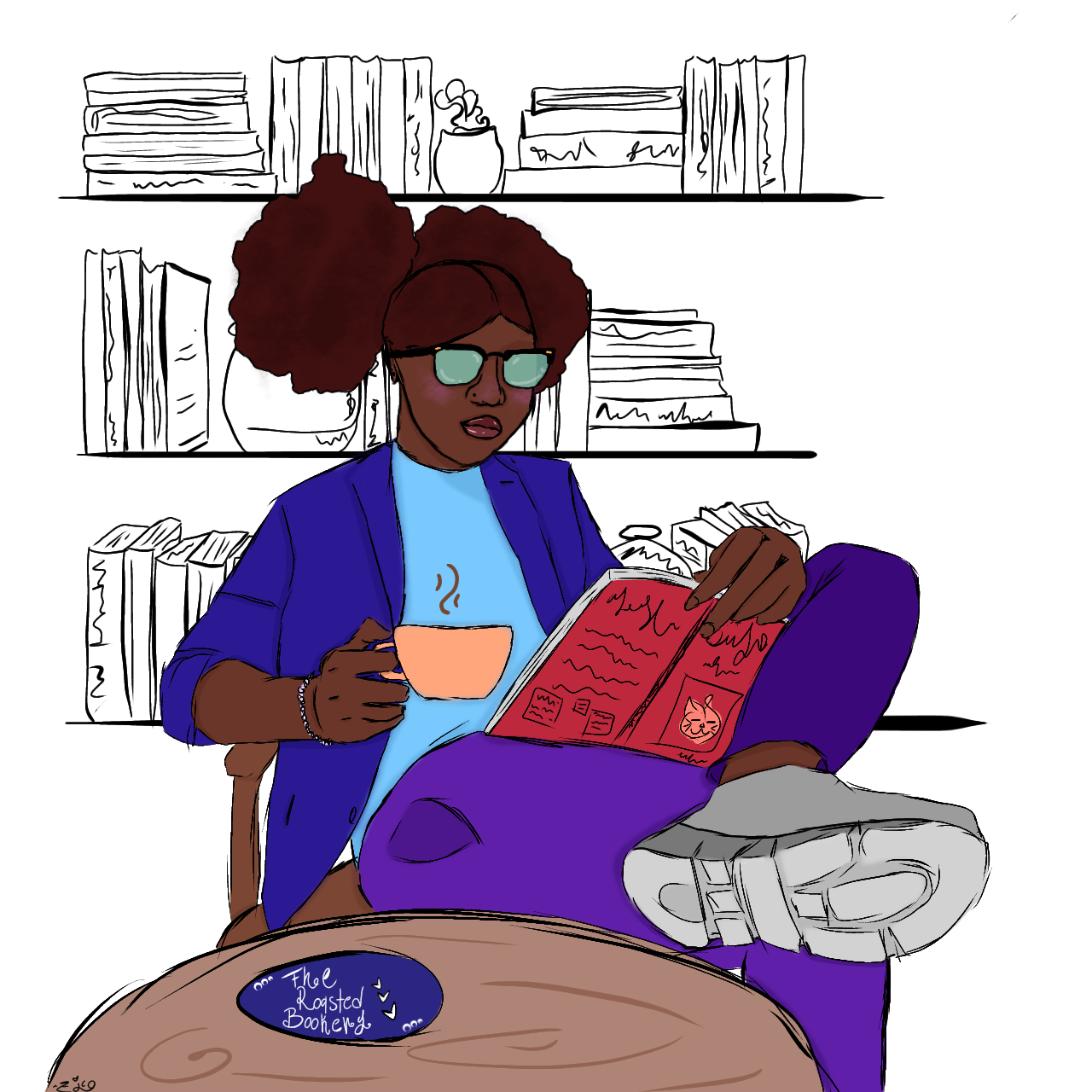Introduction:
Erin:
I have read We Light Up The Sky by Lilliam Rivera and I am still sitting with it. I cannot decide if I didn’t like it, if I thought the writing was too young, if it was too many things happening… There’s something that I cannot put my finger on.
Let’s chat though, about the narrator. There are not too many books I can think of I have read that use third person omniscient. And I feel those that I have read, you KNEW who the narrator was. In this I just felt like it was someone narrating the story, but maybe it was supposed to be the aliens? Just a random bystander? A ghost? It distracted me. Television and movies use this sometimes, but it’s usually someone who died or is telling the story in flashback or the past. Maybe I am just not keen on change.
I really want to love the book. I really want to love the characters. And I cannot figure out why I don’t.
Jerry is reading it and he said it felt really young. Maybe that’s it? If there weren’t suggestions of sex, I’d maybe agree with him. I mean the situations that all three of the main characters are in individually are definitely more “mature”, but maybe it’s just not written in a mature way? There’s character development, but it seems….thin? weak?
I’m curious about your thoughts on this one.
Jerry:
So after finishing We Light Up the Sky by Lilliam Rivera, I have to stand by what I originally said to Erin. The story is very young. I have learned in this whole bookselling process that sometimes, book categories, especially age related categories, can cover a wide swath of people. One book described as young adult can feel like it was written for middle schoolers while another feels as though it was written for 22 year olds. I think that’s the case for this book. It can’t be marketed or described as a tween novel because it does touch on more mature themes. However, if your tastes run a bit more mature or complex, I don’t think the book explores those themes thoroughly enough to be satisfying. It’s a transitional story for that strange time between middle and high school, and I appreciate the story for existing in that place.
I Liked:
- The Representation:
- the story showcased a portion of the Latine diaspora here in the States
- the story was told from several different economic points of view, highlighting that socio-economics plays just as much a role as culture does in the viewpoint of an experience
- the story also showcased Queer representation as well
- Character Voice:
- each of the three (or so) main character voices were distinct and seemed to have been very well thought out
I Didn’t Care For:
- Plot resolution:
- I chalk this up to my preference for messier, more realistic depictions of consequences in stories. The story was simply too neat and tidy for tastes.
- Narrator Voice:
- I have settled on my choice for who the Narrator actually. Like Erin, I’m not a fan of the third person omniscient construction in story-telling. It’s ok for transitions from one scene or one character to another, but the entire novel?
- I ended up assigning an identity to the Narrator that I feel makes sense based on the resolution of the story. I’ll put my pick at the end under the heading of spoilers so you can skip it if you don’t want to know. However, I won’t spoil the end of the story.
In the end:
In the end, I have to say that I appreciate this story for where it exists and themes that it explores. The author explores the dynamics of race and culture and the intersection of socio-economics and how it affects government response to natural disasters. It also explores how those topics affect an individual’s response to the same. It does this in a way that is accessible to a younger reader (say 13 or 14) but isn’t enough of an exploration for a more nuanced reader.
.
.
Don’t read any further if you plan to read the book.
.
.
.
.
.
.
.
You’ve been warned.
.
.
.
.
.
.
.
.
Spoiler:
- I decided that the Narrator in this story is the Visitor for reasons that are obvious should you decide to read.

